Publications
Articles, publications, books, tools and multimedia features from the U.S. Institute of Peace provide the latest news, analysis, research findings, practitioner guides and reports, all related to the conflict zones and issues that are at the center of the Institute’s work to prevent and reduce violent conflict.
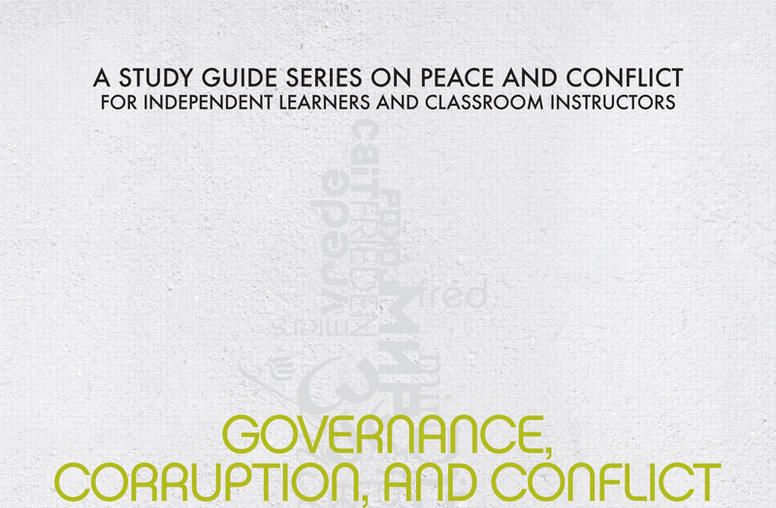
Governance, Corruption, and Conflict
Corruption exists in all societies but its cost are particularly high for states emerging from conflict. Not only can it retard development but it can also create further instability. This study guide will help students understand the relationship between corruption and conflict and learn about ways to address corruption and promote good governance.
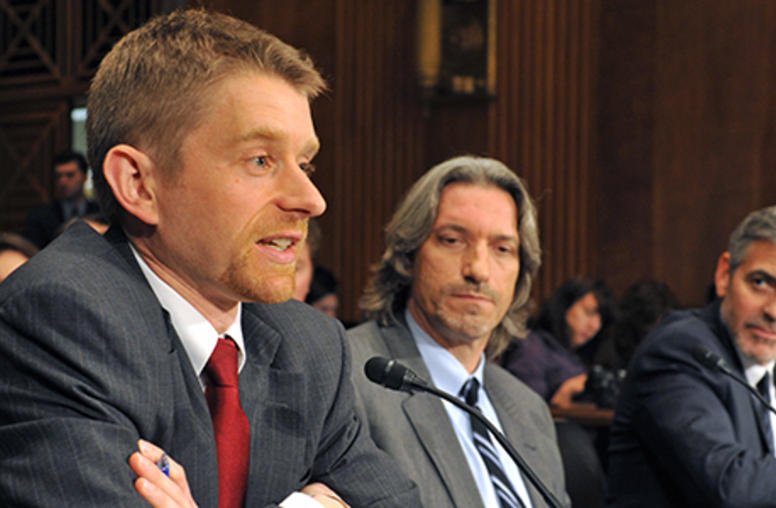
Sudan and South Sudan: Independence and Insecurity
Jonathan Temin, director of Sudan programs at the U.S. Institute of Peace, testified on the situation in Sudan and South Sudan before the Senate Foreign Relations Committee on March 14, 2012.

Peace Economics
Creating sound economic policy and a stable macroeconomic framework is essential to societies recovering from violent conflict, yet few practitioners have the background needed to apply economic concepts effectively. To provide practitioners with a concise but broad overview of macroeconomic fundamentals as they touch on violence afflicted states, Brauer and Dunne have created Peace Economics. Filling a gap in the literature on peace design from an economic perspective, Peace Economics extend...
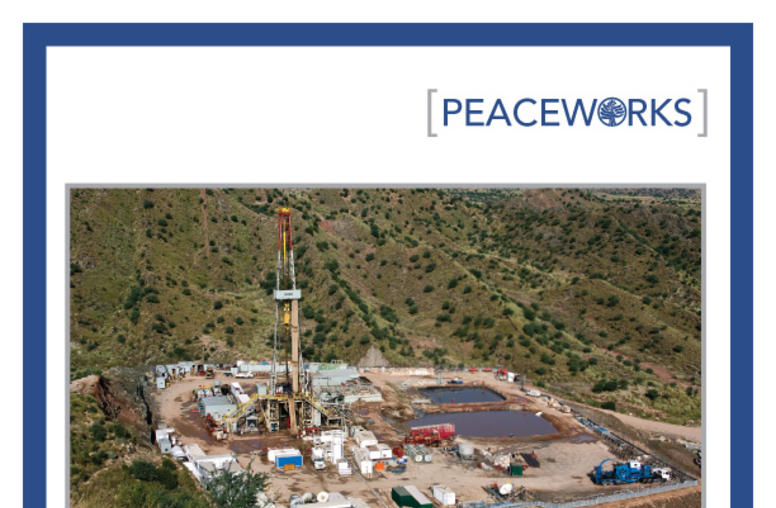
Pakistan's Energy Crisis
Pakistan faces an acute energy crisis that it cannot fix by domestic policy alone. Instead, it will need to rely on regional cooperation. How Pakistan pursues its regional options will either increase competition among its neighbors or strengthen regional ties.
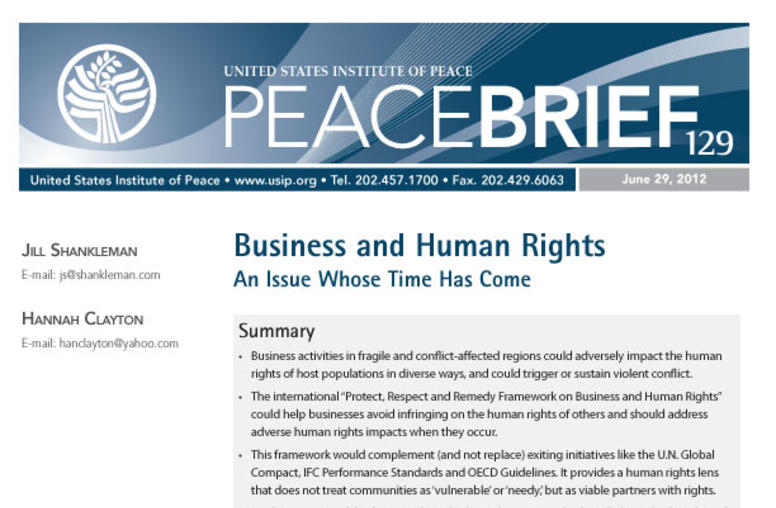
Business and Human Rights
USIP’s Center for Sustainable Economies hosts a taskforce on business and peace, which explores creative and effective ways in which the corporate sector could avoid fomenting conflict while being aware of actions that could promote peace. This report contributes to the work of the task force by using a conflict-sensitive framework to address this issue.
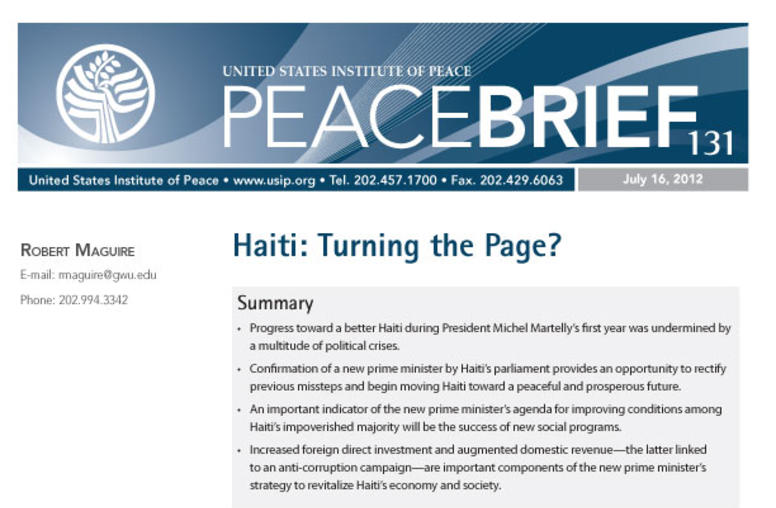
Haiti: Turning the Page?
Confirmation of a new prime minister by Haiti’s parliament provides an opportunity to rectify previous missteps and begin moving Haiti toward a peaceful and prosperous future.
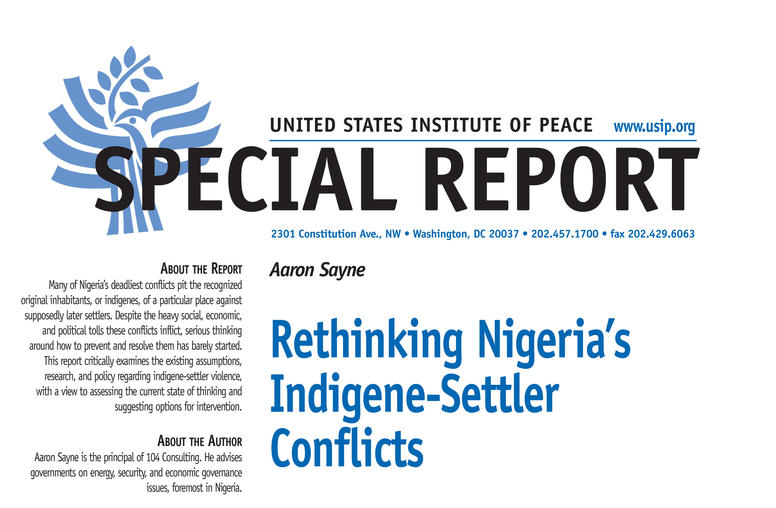
Rethinking Nigeria’s Indigene-Settler Conflicts
A key divide in Nigeria is that between citizens who are deemed indigenous and those who arrived more recently. This new report says the government must do better to hold accountable those who commit indigene-settler violence and to foster greater equality in the land, education, infrastructure, and government jobs available to both groups.
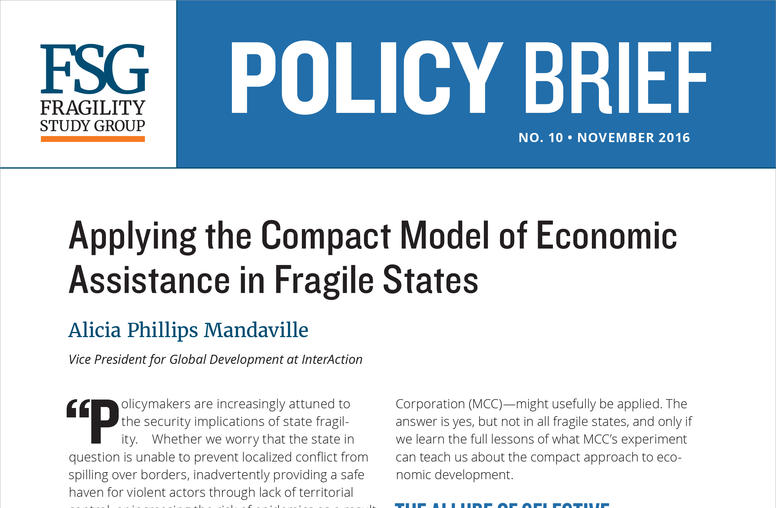
Applying the Compact Model of Economic Assistance in Fragile States
The Fragility Study Group is an independent, non-partisan, effort of the Carnegie Endowment for International Peace, the Center for a New American Security and the United States Institute of Peace. The chair report of the study group, U.S. Leadership and the Challenge of State Fragility, was released on September 12. This brief is part of a series authored by scholars from the three institutions that build on the chair report to discuss the implications of fragility on existing U.S. tools, st...
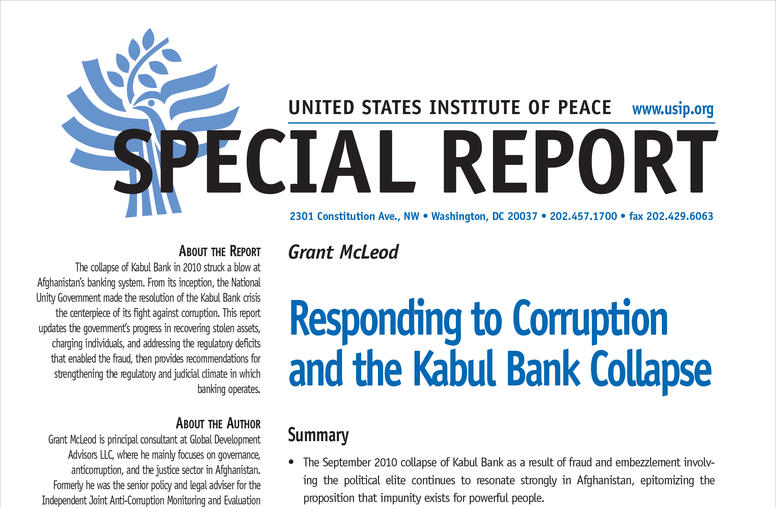
Responding to Corruption and the Kabul Bank Collapse
The 2010 collapse of Kabul Bank, at the time a critically important institution in Afghanistan’s banking system, exposed major regulatory and transaction-related deficits in the system that permitted a large degree of fraud. The involvement of the political elite in the fraud made recovering funds and prosecuting cases extremely difficult. The resolution of the criminal elements and recovery of missing funds have faced the same challenges as before and have fared little better under current p...
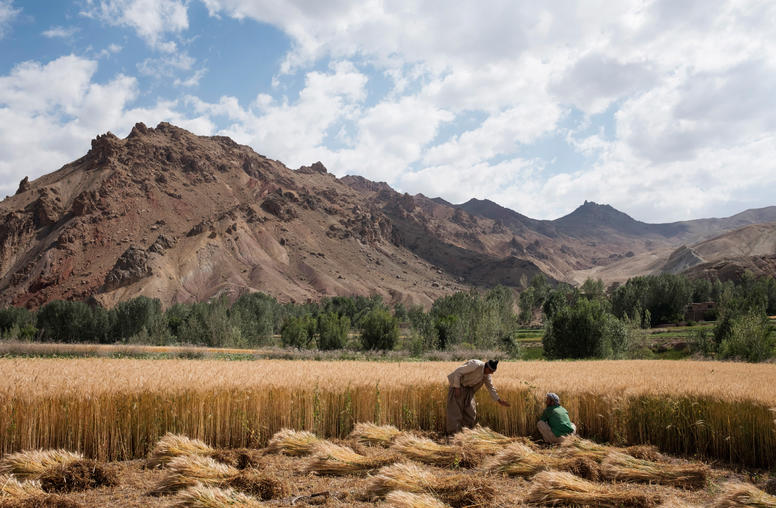
Troops, Reforms, Regional Role Define Afghanistan Plan
Along with military pressure to coax the Taliban into a peace process, the new U.S. plan for Afghanistan will support government reforms such as tackling corruption, economic development...